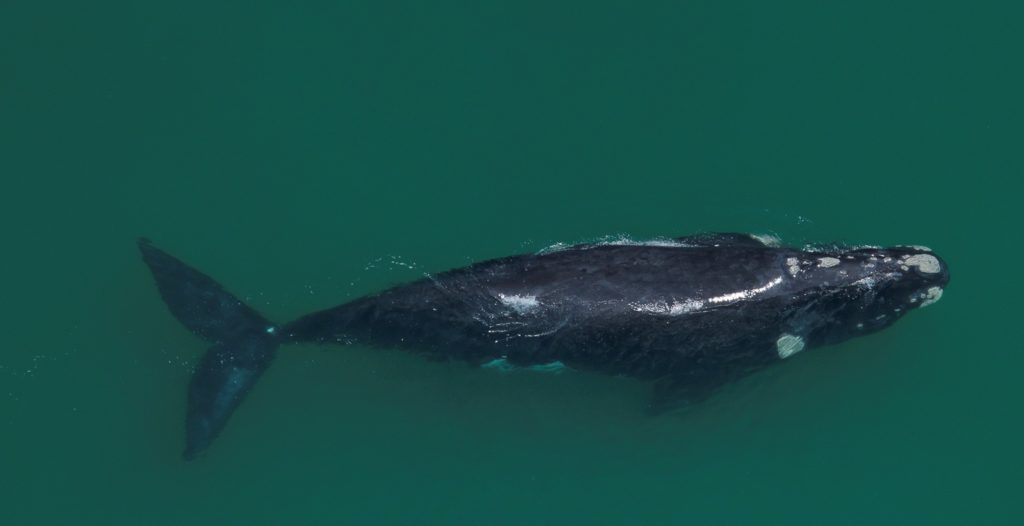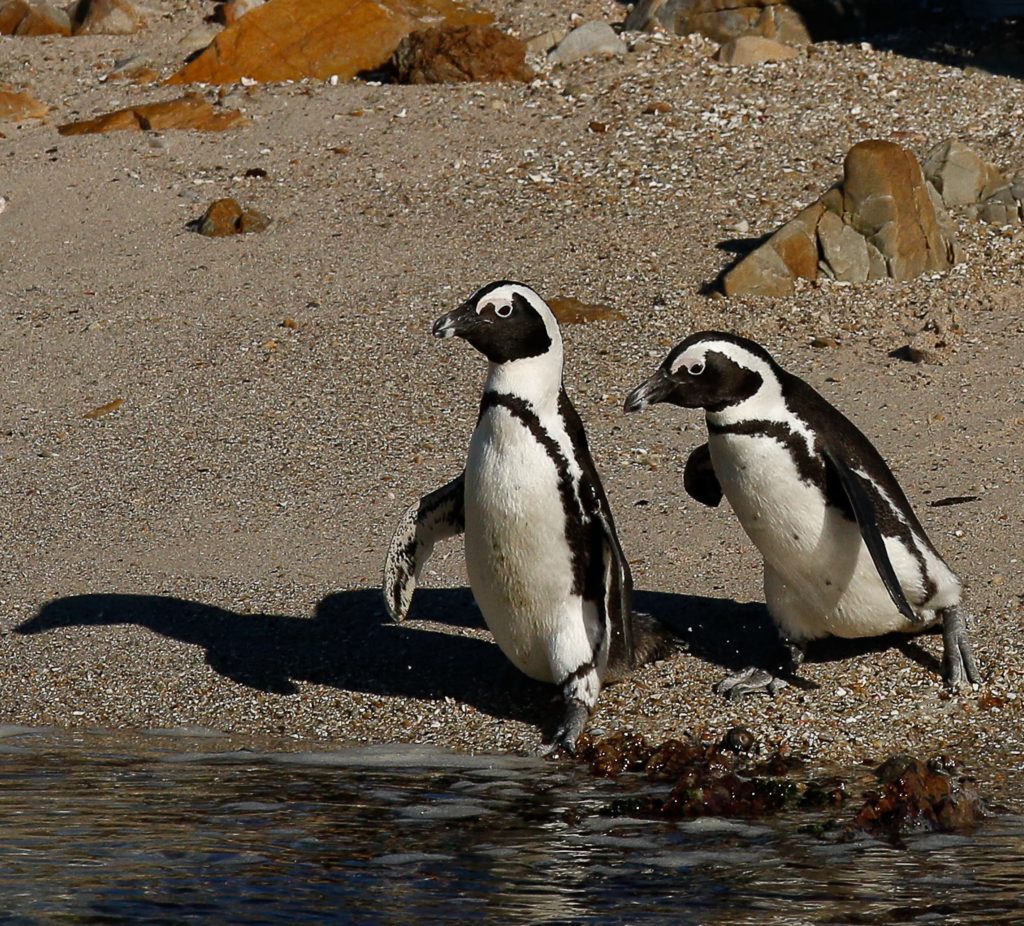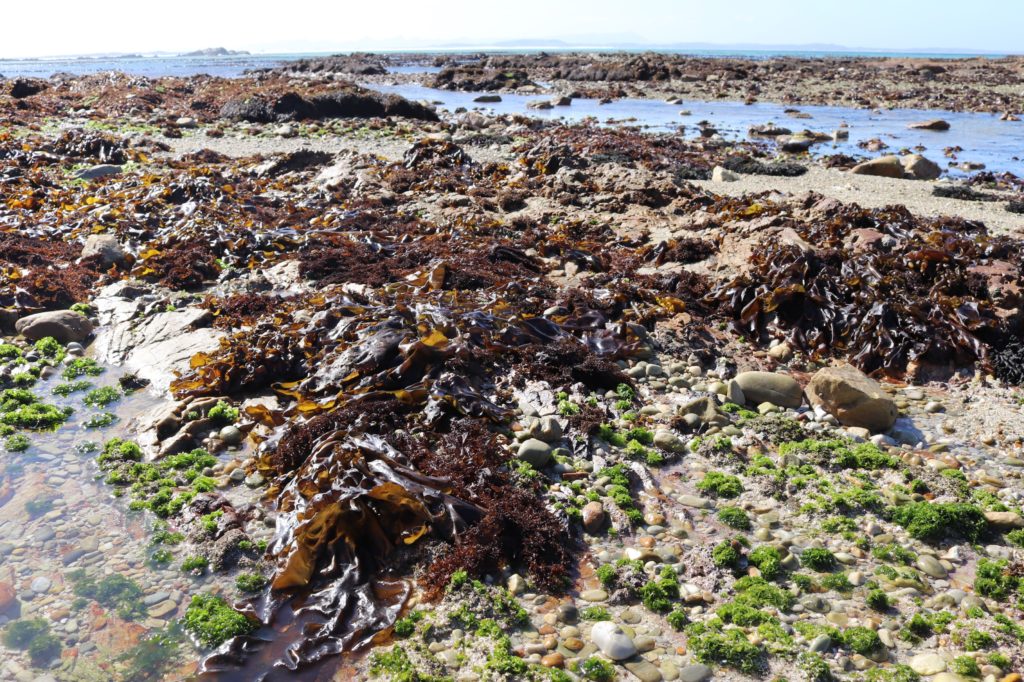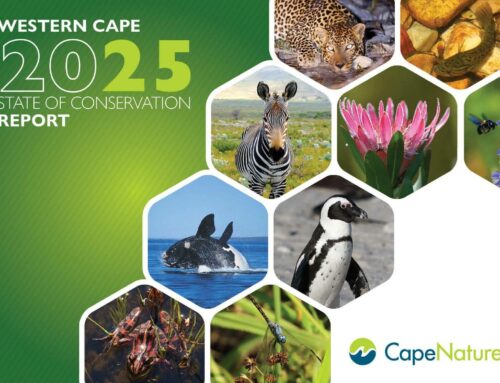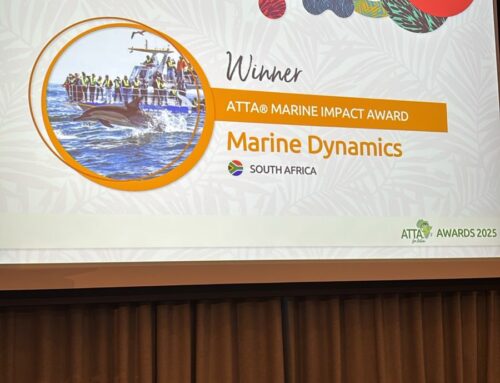The Dyer Island Conservation Trust is proud to be part of the alliance working on creating the first Marine Protected Areas Day. As such, Marine Protected Areas (MPAs) have been incorporated into the curriculum for the environmental education work this year. The Trust’s Environmental Education Programme, known as DEEP, is learning to present on the value of marine protected areas for all. It will also be a theme in the annual Marine Month Competition held in the Overberg area. The official press release about MPA Day on 1 August reads as below.
Along the South African coastline, there are 42 Marine Protected Areas (MPAs) which provide crucial safe havens for animals and plants in the ocean, and support of human communities.
A consortium of South African organisations will, on Sunday, August 1, be the first, globally, to celebrate a day dedicated to the conservation of critical ocean areas which allow marine life to thrive, reproduce and grow.
“While many people are aware of the importance of terrestrial protected areas, such as nature reserves and game parks, few understand that the same level of protection can – and must – be afforded our ocean life as well,” explained Dr Judy Mann, Conservation Strategist at SAAMBR (South African Association for Marine Biological Research). “These are effectively the Kruger National Parks of the oceans and an investment in our own future well-being.”
Here is a look at some of the reasons to celebrate MPA Day on August 1.
- Ensure biodiversity
They protect a range of marine ecosystems which are home to rare or endangered species, as well as uniquely South African animals and plants that live nowhere else in the world. They protect critical nursery habitats for marine creatures and provide a space for resident fish species to increase in number and size, securing a vital food source for humans. - Support adjacent fisheries
MPAs enable fish stocks to increase in size and abundance and, over time, these spill over into adjacent fished areas to improve catches for fisheries. - Ensure healthy marine animals
Through the establishment of MPAs, marine animals are genetically stronger, which means they can better adapt to changes in the ocean. - Protect cultural heritage
The ocean is a revered space for cleansing, worship, inspiration and rejuvenation, and by protecting these spaces, traditional practices can continue, connecting present generations with cultural roots. - Promote tourism
These areas are invaluable spaces for recreational activities, including snorkelling, scuba diving, whale watching and turtle nesting, among others. Some of the country’s MPAs are internationally-renowned dive sites, attracting tourists to the region. - Outdoor classrooms
From pupils in foundation phase through to students at tertiary level, MPAs act as educational centres for learning in the environment, providing a direct connection to the natural world. - Contribute to research
The pristine quality of these conservation areas gives an idea of what nature looks like when not impacted by humans. This forms a solid foundation for research into the natural world and necessary conservation techniques. - Provide resilience to climate change
Healthy oceans absorb enormous amounts of carbon dioxide and are home to plant life that produces oxygen, helping to buffer humans from the effects of climate change. They also protect coastal communities from the devastating effects of rising sea levels. - Help with job creation
The marine wildlife economy paves the way for sustainable job creation. The recreational benefits of MPAs – snorkelling, scuba diving and the like – provides employment in the tourism industry. The conservation side also creates jobs in the form of field rangers, park managers, hospitality and maintenance staff. - Medically useful
Marine-based animals use complex compounds to defend themselves, some of which can be extracted and used in the creation of drugs that may fight off viruses, bacteria and cancer cells.
How can YOU celebrate MPA Day?
- Start a conversation about MPAs using the hashtags #MPAday #Conservation #Marine #MPA #MarineProtectedArea and share what you know with others.
- Visit one of the country’s incredible MPA areas and discover the wonders for yourself.
- If you are a fisherman, respect the boundaries of MPAs and teach fellow anglers about the importance of MPAs.
- Visit www.marineprotectedareas.org.za, www.saambr.org.za, Two Oceans Aquarium, Cape Town South Africa, Dyer Island Conservation Trust | Protecting Marine Biodiversity, South Africa (dict.org.za) and Wildoceans (a programme of the Wildtrust).
- Follow Instagram: @marineprotectedareassa, Twitter: @MPAsSA1 or Facebook: Marine Protected Areas SA (@MPASouthAfrica).
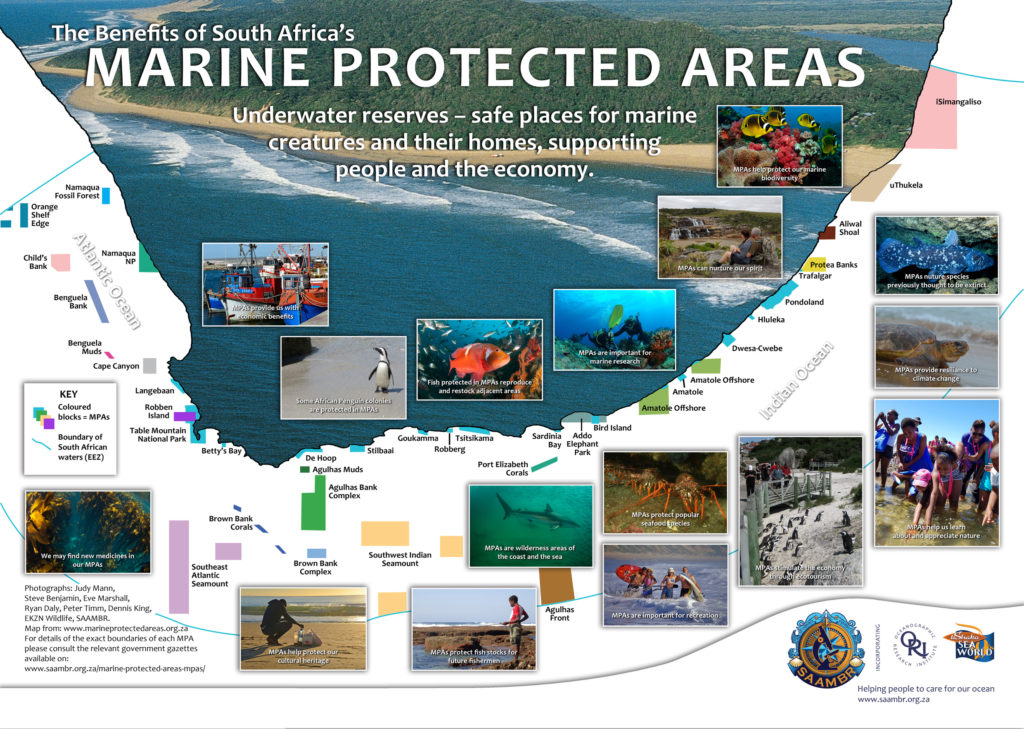 MPA Poster by SAAMBR
MPA Poster by SAAMBR
